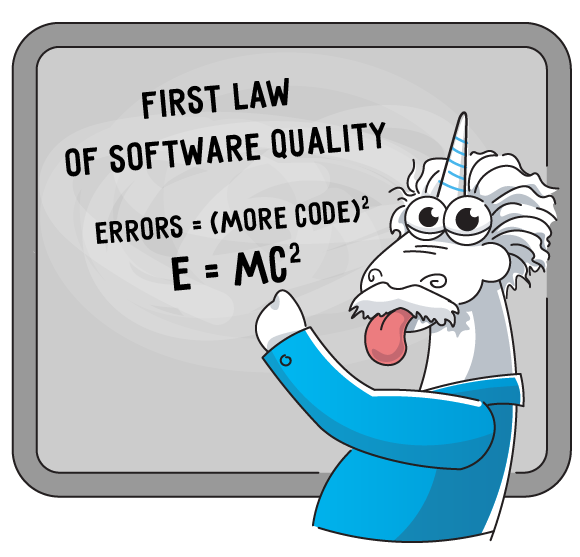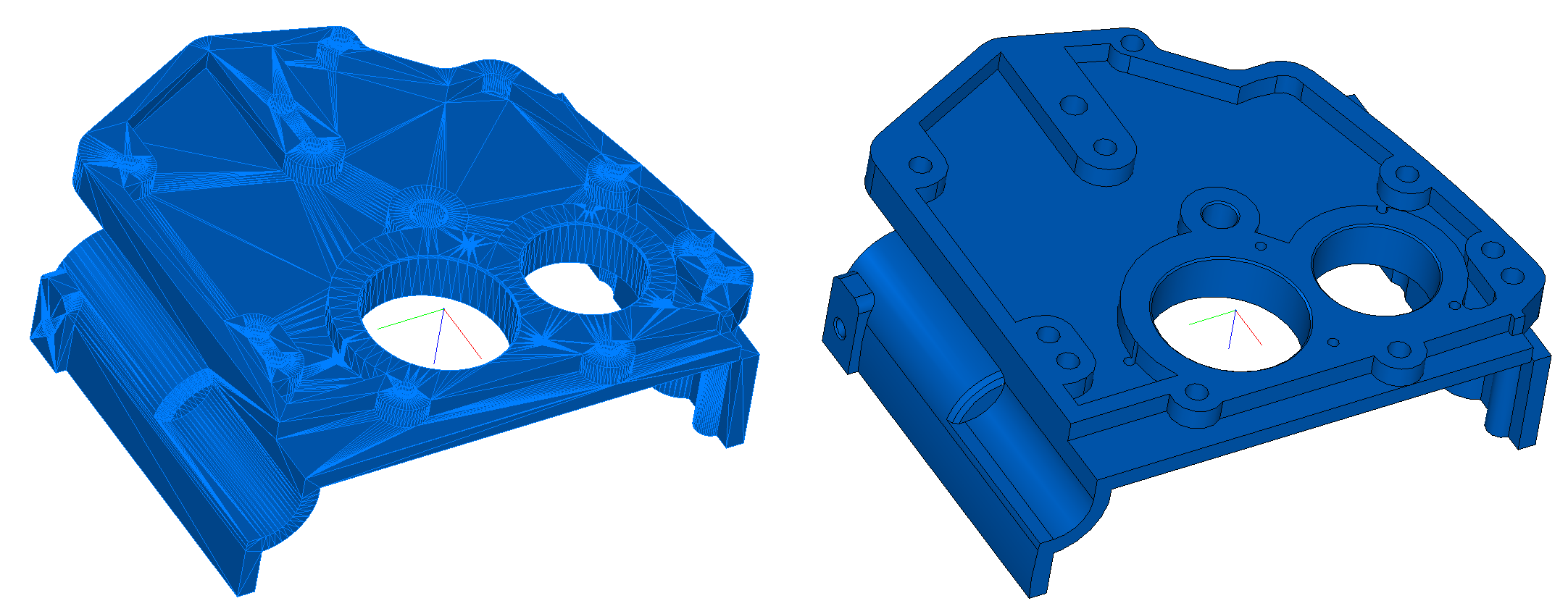
During the summer of 2019, Huawei gave a series of presentations announcing the Ark Compiler technology. The company claims that this open-source project will help developers make the Android system and third-party software much more fluent and responsive. By tradition, every new promising open-source project goes through PVS-Studio for us to evaluate the quality of its code.
Introduction
The Ark Compiler was first announced by Huawei at the launch of the new smartphone models P30 and P30 Pro. It is claimed that the Ark Compiler will improve the fluency of the Android system by 24% and response speed by 44%. Third-party Android applications will also gain a 60% speed-up after recompilation with the Ark Compiler. The open-source version of the project is called OpenArkCompiler; its source code is available on Gitee, a Chinese fork of GitHub.















 PVS-Studio supports analyzing projects developed in C, C++, C#, and Java. You can use the analyzer under Windows, Linux, and macOS. This small article will tell you the basics of analyzing C and C++ code in Linux environment.
PVS-Studio supports analyzing projects developed in C, C++, C#, and Java. You can use the analyzer under Windows, Linux, and macOS. This small article will tell you the basics of analyzing C and C++ code in Linux environment.

